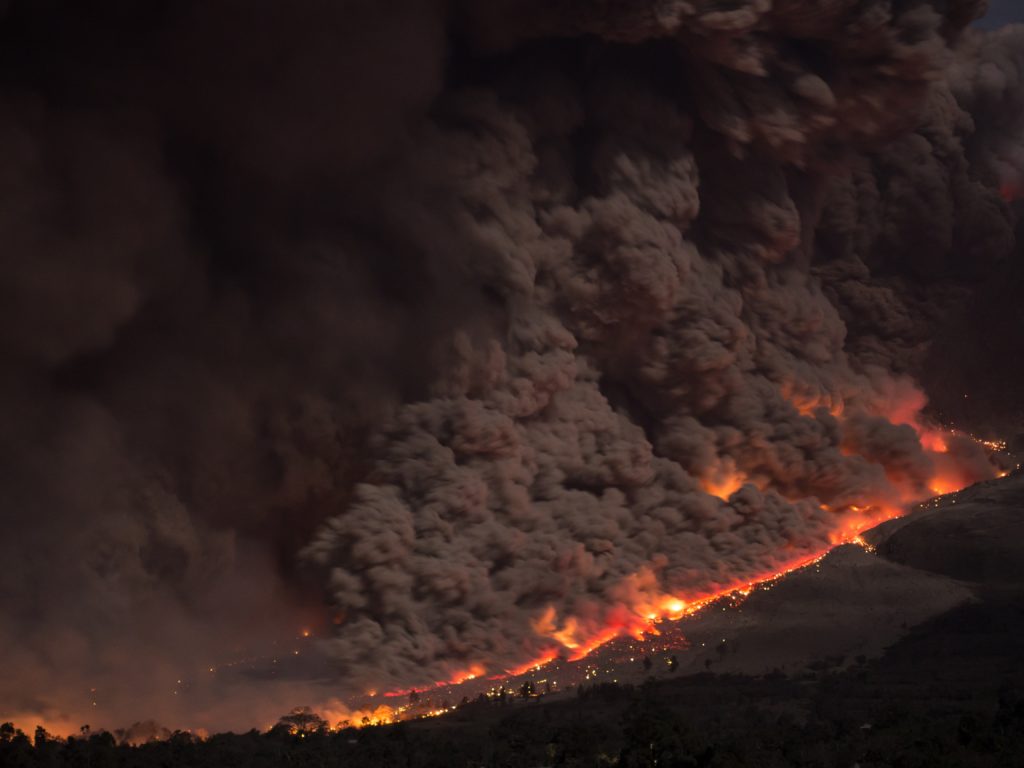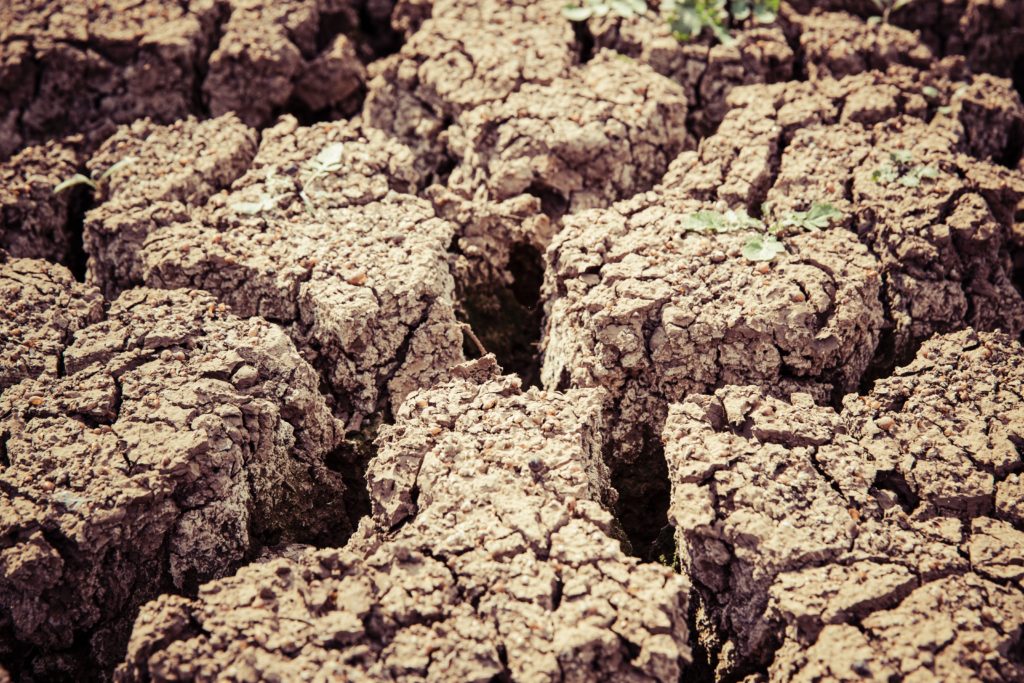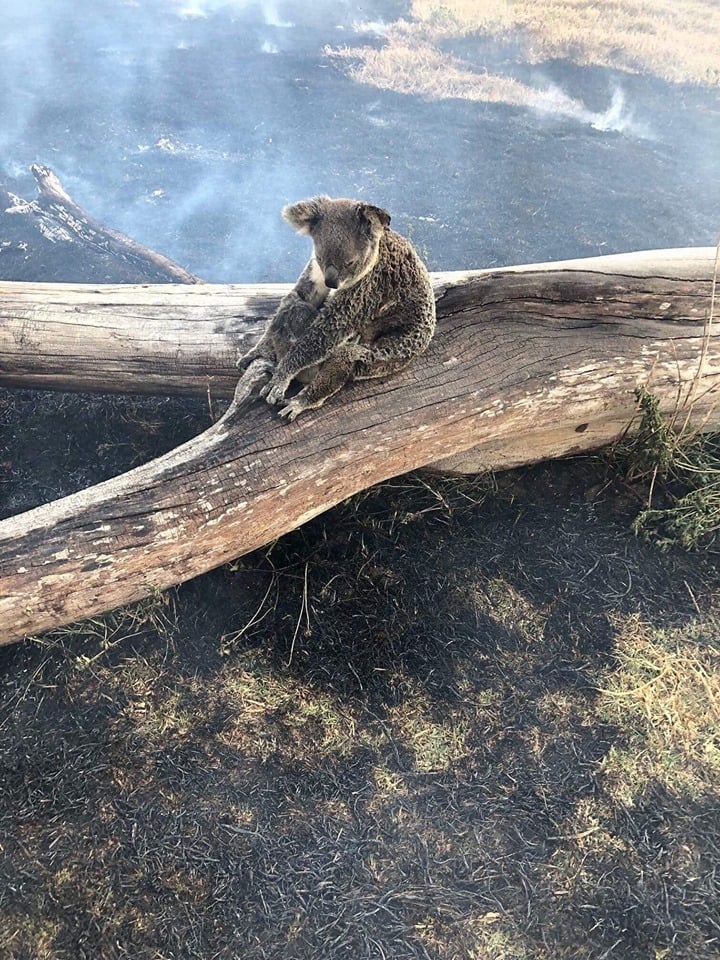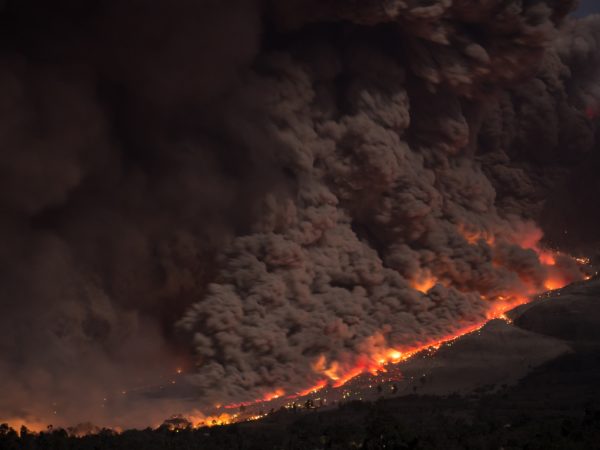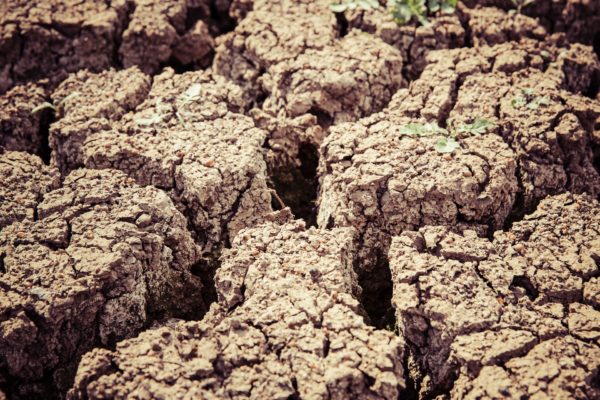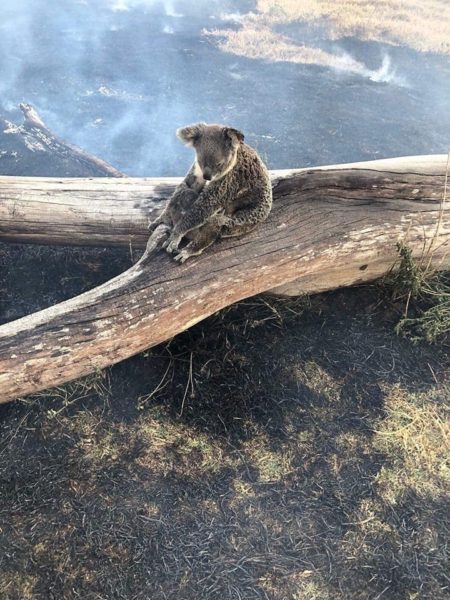This is nothing new
Our planet is in crisis and that’s not news, but the key point is that the situation is getting worse every day. The World Meteorological Organization has released a report showing that the levels of greenhouse gases that trap heat in the atmosphere are currently at a new record high. This has become even more noticeable during the last five years, which have seen the largest heat waves in history and have resulted in disasters such as hurricanes, droughts, floods and forest fires.
Heat Wave: It is a phenomenon that is becoming a constant, the lack of habit has left dead and water shortage. The year 2019 has left a new record of high temperatures in European countries like France (46.0° C), Germany (42.6°C), Netherlands (40.7°C), Belgium (41.8°C), Luxembourg (40.8°C), among others. Japan experienced two heatwaves that were remarkable in different ways. The first occurred in late May, with unusually high temperatures, including 39.5°C (the equal-highest on record for any time of year on the island of Hokkaido), but limited impacts. The second, in July, was less unusual in a meteorological sense but had much greater health impacts as it occurred during the peak of summer and was focused in the more heavily populated area of Honshu.
The Idai Cyclone in South-East Africa (Mozambique, Zimbabwe, Madagascar and Malawi) was one of the most severe known in that part of the world. The cyclone reached winds of 177 km/h and caused great flooding. The result was about 1,300 people dead and 1.7 million people directly affected. The situation has been particularly aggravated by the subsequent outbreak of diseases such as cholera in the wake of the storm.
Forest Fires: Thousands and thousands of megatons of carbon dioxide were released into the atmosphere as a result of forest fires. Among the most prominent for their aggressiveness were those in Australia and the Amazon. In the particular case of Australia, we have all seen how the flames devoured the forests while entire communities were evacuated and thousands of Koalas, confused by so much stupor, were introduced into the flames. Despite this, the danger and devastation are not over yet, as the direct consequences of the disaster are 30 people and around 500 million dead animals.
The technology is here
Artificial intelligence is making way for more promising advances. While many imagine robots dominating the world, the truth is that we are far from that imagination of science fiction occurs. The current reality is that thanks to new developments we can achieve the resolution of increasingly concrete problems.
For instance, a) In the field of meteorological science, it is possible to have greater integration of data, which enables us to have more accurate knowledge of the climate and meteorological reality of prevention; b) The mobile phone technology has provided us with dozens of Apps to account for CO2 emissions; c) Google is building an AI platform to predict floods in India and create warnings to users through Google Maps and Google Search; d) The analysis of data through AI, has enabled IBM to carry out its project Bee2FireDetection, which allows to detect and fight fires in a broader and more agile way, in addition, to detect the chances of fire before they occur. e) A research team from the University of Dundee in the UK, led by Dr Roger Wang, is bringing together Twitter, citizen science and AI to develop a flood early warning system. The research team set out to use the latest AI technology to extract social networks and applications from the data provided by users. They discovered that social networking and crowdsourcing can be used to complement data sets based on traditional remote sensing and witness reports. By applying these methods in case studies, they found that they are genuinely informative and that AI can play a key role in future flood warning and monitoring systems. These are certainly more than a few examples of what technology can achieve for the benefit of all.
The idea is not to get used to it
Technology represents, undoubtedly, a support tool for what we want to achieve, what we want to avoid and what we want to improve. Fortunately, we are still the main mind-controlling the technological world, so you don’t need to be an expert to contribute to our world.
Let’s be aware that we are responsible for what happens in our natural environment, maybe with those small actions that we think are not important we can help hundreds of animal species and prevent children around the world from being deprived of the benefit of natural resources.
The time is today, but we must act to have tomorrow. Technology helps, and we…?
